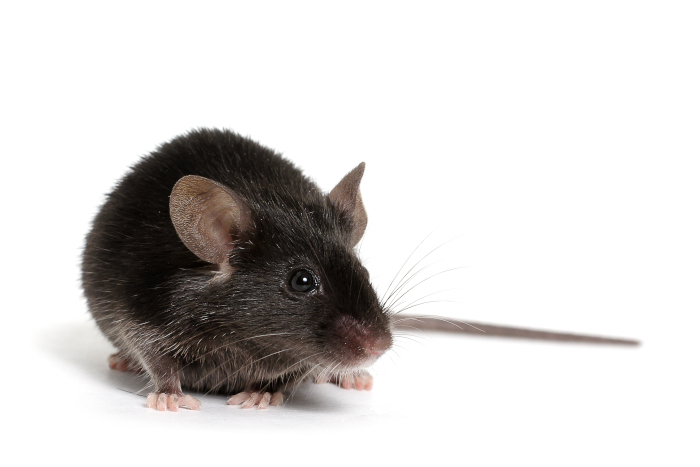Description
Model Description
The KPC mouse is an established and clinically relevant model of pancreatic ductal adenocarcinoma (PDAC) which develops many key features observed in human PDAC including pancreatic intraepithelial neoplasia alongside a robust inflammatory reaction including exclusion of effector T cells. Metastases are observed in around 80% of KPC animals located primarily in the liver and lungs. Mutations in both KRAS and TP53 genes are found in around 80% and 70% of all human PDACs respectively. Trp53-R172H (ASKI-18028)ã€Kras-LSL-G12D (ASKI-190003)were crossed with Pdx1-Cre-Tg to generate KPC mice. The KPC mouse contains a dominant negative point mutation in the transformation related protein 53 gene (TP53R172H), and a conditional activation point mutation in the KRAS gene (KRASG12D). A lox-stop-lox termination sequence is encoded upstream of KRAS mutated genes to prevent expression in the absence of Cre recombinase. The pancreas-specific Pdx-1 promoter enables expression of Cre recombinase in acini, islet and duct cells of the pancreas. Cre-mediated recombination excises the lox-stop-lox termination sequences and enables expression of KRASG12D in pancreatic tissue.
Validation Data

Figure 1. The spontaneous pancreatic tumor of KPC mouse model with large volume, uneven surface and multiple nodular projections.

Figure 2. HE staining of pancreatic tumor from KPC mouse model.
The tumor cells from KPC mouse model demonstrated disorderly arranged pancreatic cells, irregular tissue structure, dilated pancreatic ducts, inflammatory cells infiltration and stromal fibrosis as was seen in pancreas adenocarcinoma.


Reviews
There are no reviews yet.